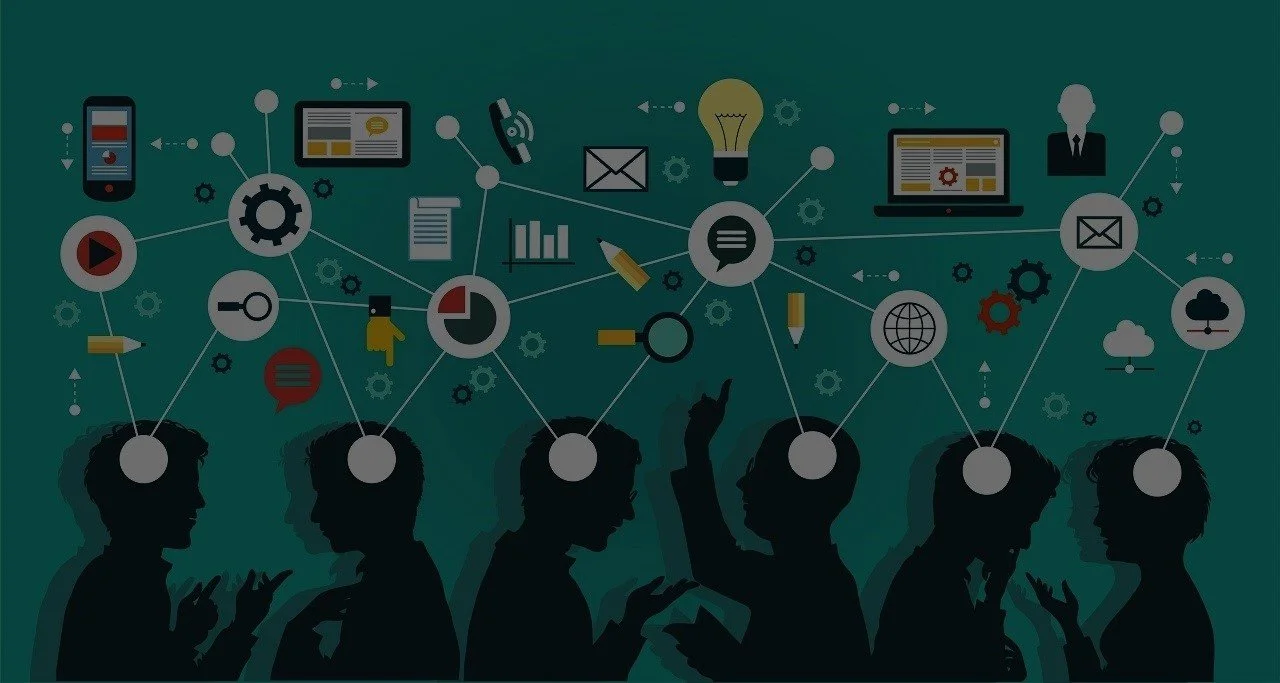The DAC defines official development assistance (ODA) as “government aid that promotes and specifically targets the economic development and welfare of developing countries.” Understanding of this definition has changed over time, recognising, for example, the emergence of “non-DAC providers or philanthropic foundations, the diversification of financial instruments for development, or the increasing overlap of development cooperation policy objectives with those of other sectors such as migration and security.”
PRINCIPLES ON RELEVANT|EFFECTIVE SUPPORT TO MEDIA AND THE INFORMATION ENVIRONMENT
A well-functioning independent media system is critical to sustainable social and economic development, and a bulwark of peaceful, economically prosperous societies. Greater citizen engagement, stronger accountability and lower corruption are all attributable to the presence of professional news media. A vibrant news sector is also fundamental as the first line of defence against democratic backsliding and autocratisation, whose first step is often to undermine media freedom and financial viability. Credible news media provide sunlight on critical social, economic and political issues to ensure a well-informed civil society and accountability of industry and private interests
SHIFTING FUNDING PRACTICES
Build and Share Power: Non-profits and movement leaders have traditionally not been present in rooms where governments and corporations make big structural decisions. This is especially true for black-, indigenous-, and people of color-led organisations, as well as those led by women, young people, and people with disabilities. Funders can help re-balance these inequities. They can achieve this by sharing power with and building power for the social sector, giving more resources directly at the local level to organisations with local leadership and local ownership, and making more robust investments in organizations led by proximate leaders of color. More inclusive decision-making structures and spaces need to be designed.




